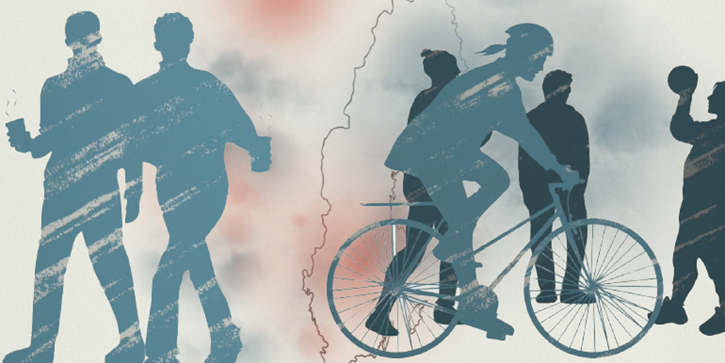In addition to our personal choices, lifestyle and life experiences, our mental health is affected by many other factors, such as the society we live in, the homes we grow up in, and our immediate surroundings.
It may be difficult to change certain things that affect mental health, such as physical or biological factors or our circumstances growing up. However, we can influence some factors ourselves, such as our lifestyle and habits.
For example, our mental health is affected by:
- biological factors like our genetics, age and sex
- lifestyle choices and overall health
- psychological aspects such as neuropsychiatric disabilities, personality, cognitive ability and resilience against psychological stressors
- social aspects such as the environment we grew up in, our relationships, societal norms and culture, our housing situation, financial circumstances, work and education.
Mental health changes throughout the course of one’s life, and most people experience mental health problems at some point. These problems may be short term or long term, and their severity can very. Sometimes we may need help to deal with them and feel better.
Protective factors and risk factors
When we talk about what affects our mental health, protective factors refer to anything that is likely to have a positive impact on our mental health. Risk factors are anything that might have a negative impact.
Protective factors can include having positive self-esteem or having a close friend, a good work environment, or a hobby you really enjoy. Eating healthily, being active on a regular basis and getting enough sleep are also important protective factors.
Risk factors are the opposite of protection factors. Risk factors can include growing up in a family with conflicts such as substance use disorders, financial difficulties, or a feeling like you don’t belong. Growing up in such conditions can have a negative impact on mental health. Fortunately, protective factors can counteract the impact of the risk factors, increase your resistance to mental illness, and make you better equipped to take on life’s challenges.






